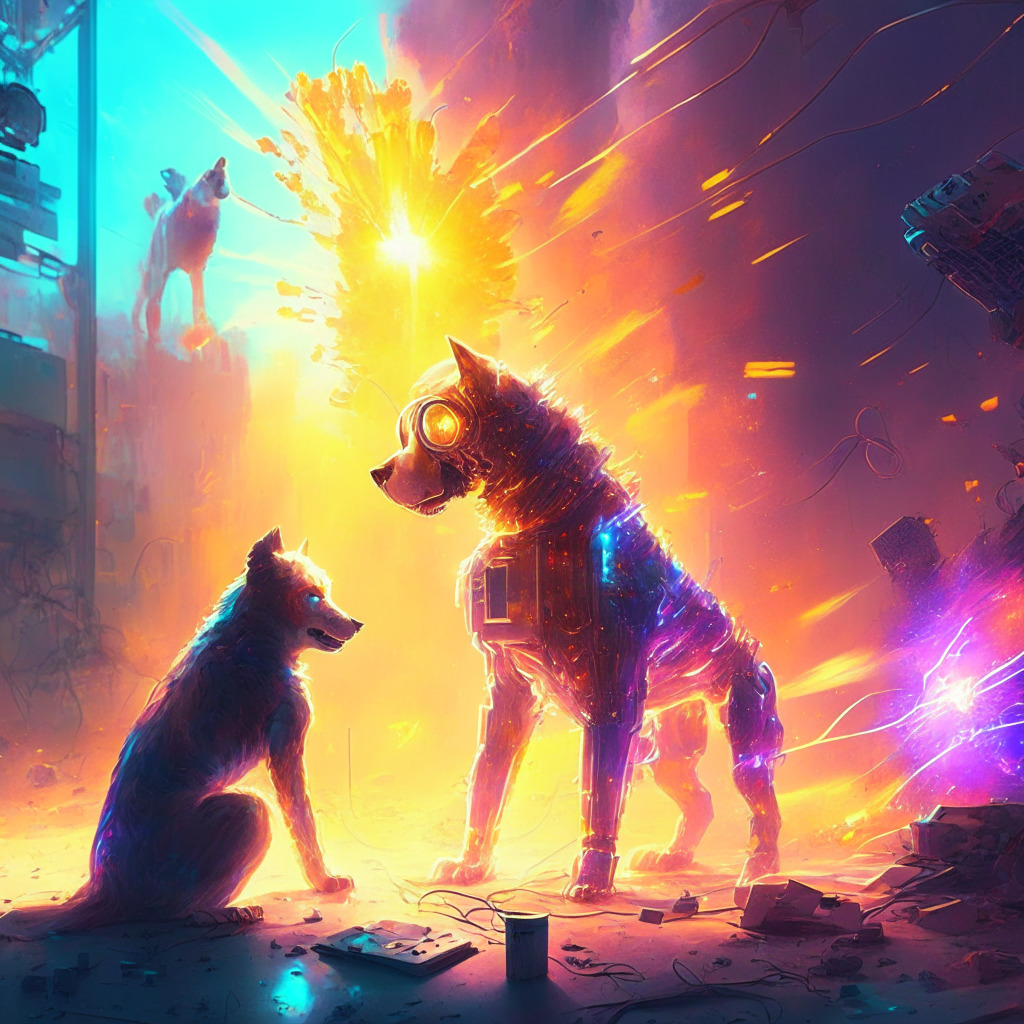The rapid advancements in AI technology have been both groundbreaking and, to some extent, concerning. On one hand, it has the potential to revolutionize the entertainment industry. Hollywood films, for instance, could one day be completely AI-generated, allowing users to shape content according to their preferences, leading to a more personalized and immersive viewer experience. Furthermore, the ability of people to generate high-quality video content using AI could lead to an increase in original ideas and voices in the movie business, as the barriers to entry are lowered significantly.
However, it is also essential to consider possible downsides, with the technology posing risks in terms of fake news and political manipulation. AI-generated content could be used to create and disseminate false narratives, leading to confusion, mistrust, and social unrest.
Moreover, with AI chatbots, like ChatGPT, being integrated into robots like Boston Dynamics’ robot dogs, there is a growing concern amongst people about the potential dangers these technologies could pose. Critics worry that the combination of advanced AI and robotic capabilities could lead to the end of civilization.
Another aspect to consider is the application of AI in the music industry. The emergence of Fake Drake’s “Heart on My Sleeve,” an AI-generated track that was removed from streaming platforms after being targeted for copyright infringement by Universal Music, stirred up a heated discussion about the future of music and how AI-generated content should be regulated.
On a more positive note, ETH co-founder Joe Lubin believes that AI and cryptocurrency could be a perfect match, allowing AIs to engage in commerce and operate effectively in decentralized, transparent systems.
Despite these potential revolutionary applications of AI, the possibility of Artificial General Intelligence (AGI) taking over its own development and turning into a superintelligence remains a concern among researchers. Many experts believe that urgent work needs to be done to ensure AGIs’ goals align with human flourishing before AI regulations and strategies can catch up with the pace of development.
In conclusion, while AI advancements signify a brighter future in many aspects, potential downsides need to be considered, including fake news, political manipulation, and the ethical implications of AI-generated content. Properly assessing both the benefits and risks of AI will always be a crucial aspect of ensuring responsible utilization of this ever-evolving technology.
Source: Cointelegraph




